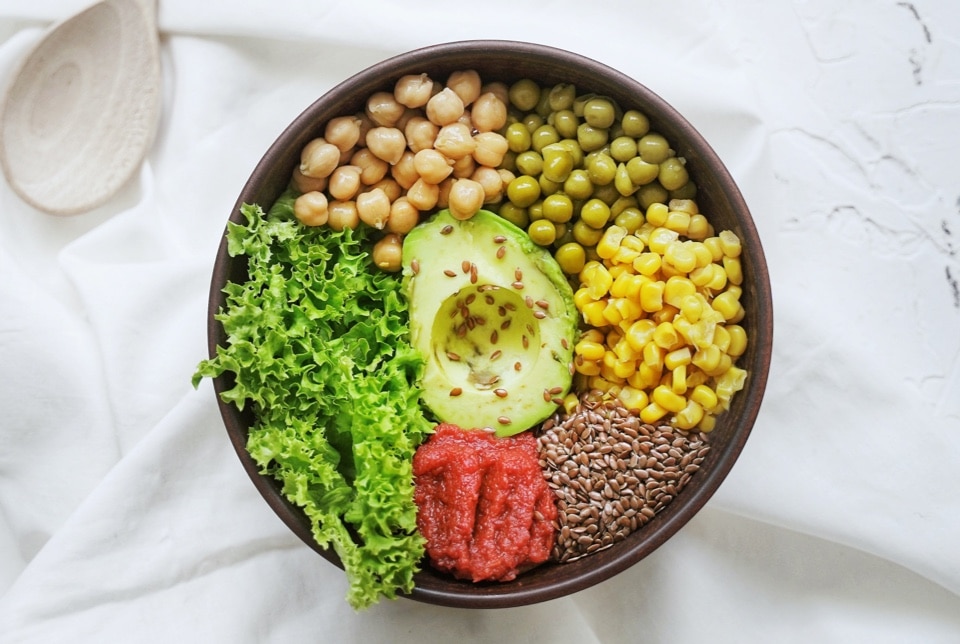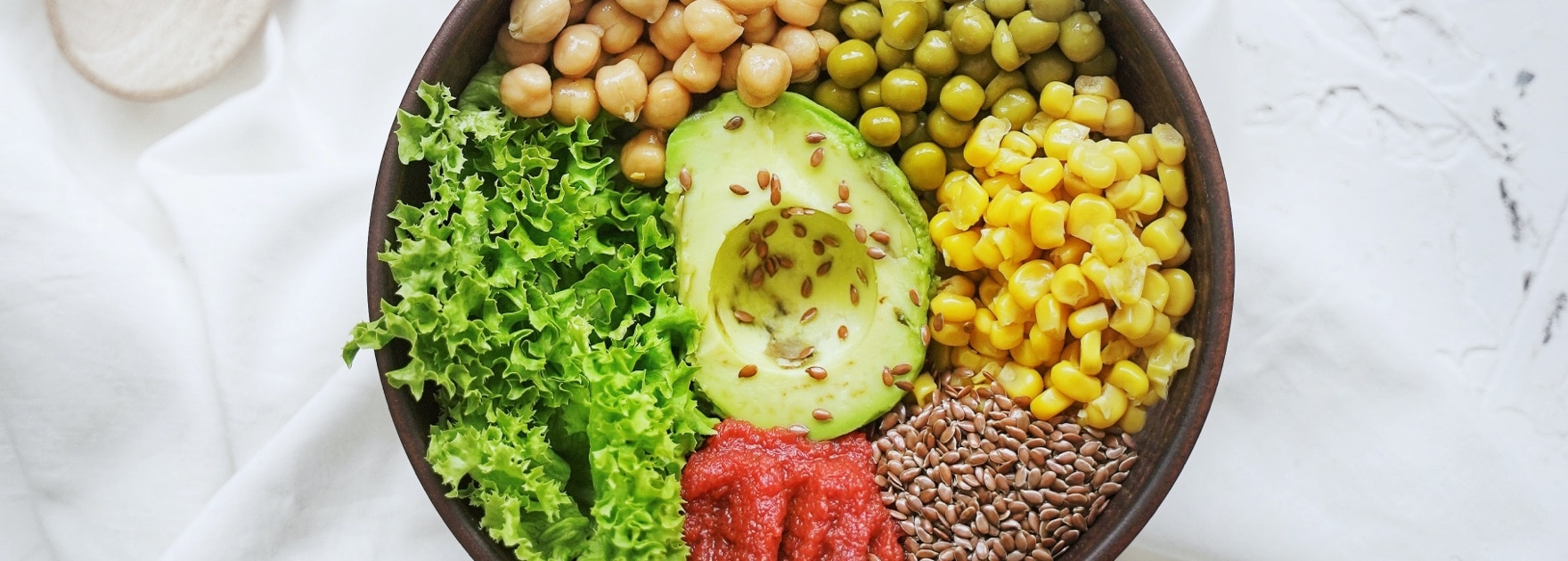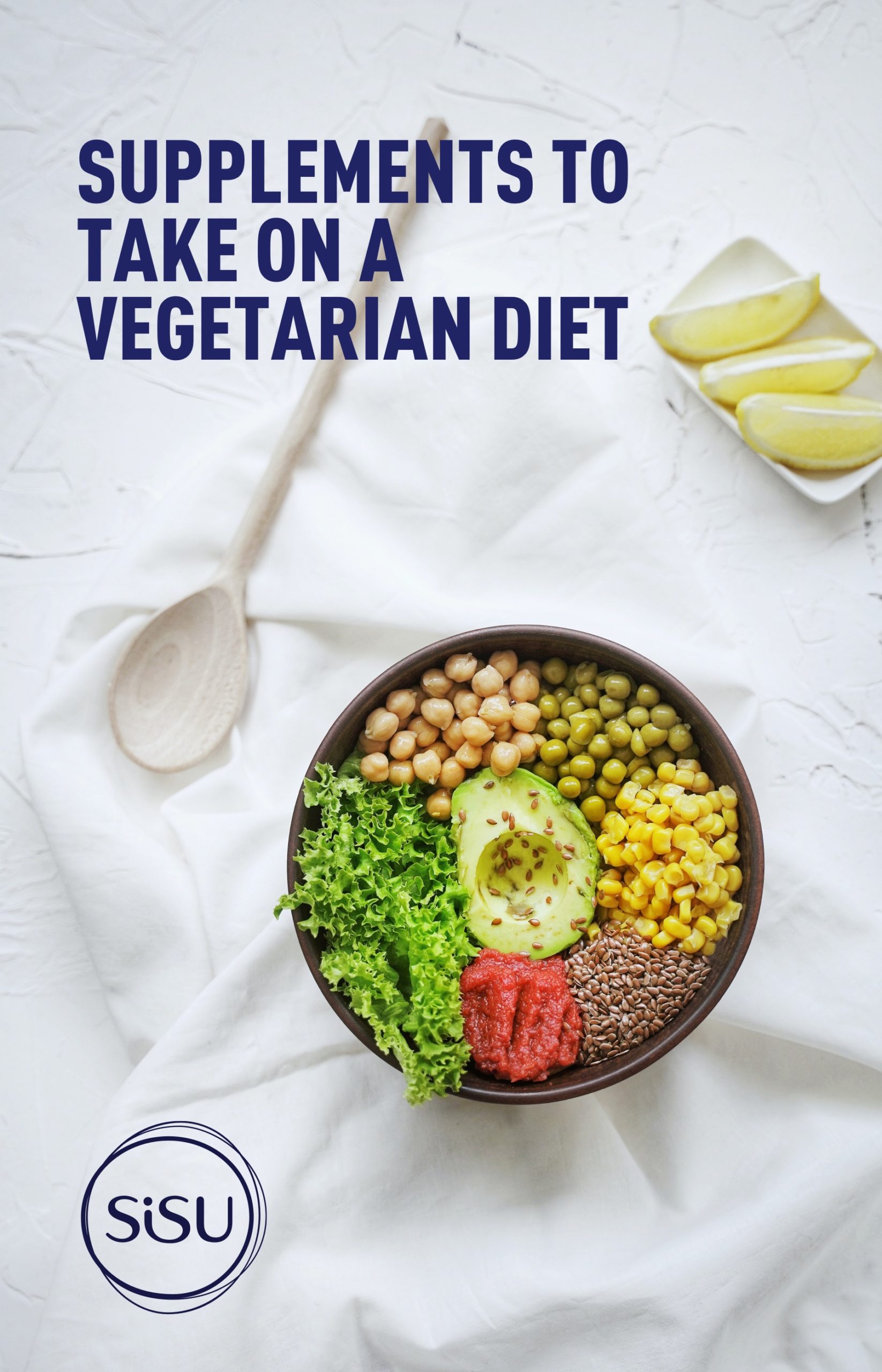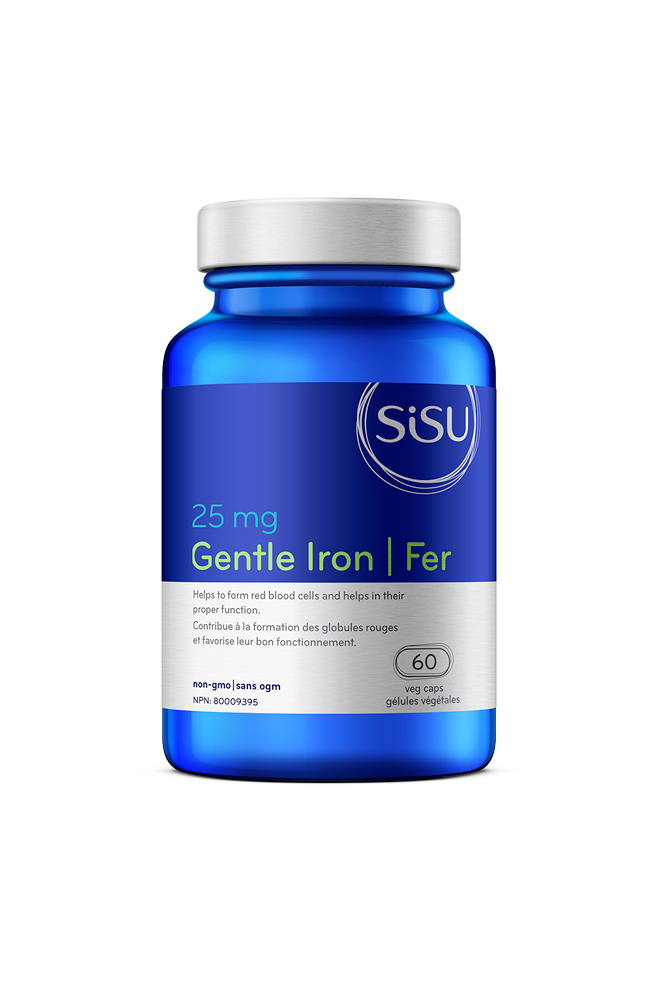

Does your body get enough nutrients on a vegetarian diet? We’ve discovered that this depends on which foods you eat and what supplements you may need to fill nutritional gaps. Let’s take a look at a few key foods and supplements that can help support a vegetarian diet.
Types of vegetarian & plant-based diets
Whether you want to go purely plant-based or you want to be able to have a steak now and then, there’s a diet for you! Here is a list of the most common vegetarian and plant-based diets to choose from.
- Pescatarian diets allow fish and excludes other animal-based proteins. Many pescatarians also eat dairy and eggs.
- Lacto-vegetarian diets allow dairy products and excludes other animal-based proteins.
- Ovo-vegetarian diets allow eggs and excludes other animal-based proteins.
- Lacto-ovo vegetarian diets allow dairy products and eggs and excludes seafood, meat and poultry.
- Vegan diets exclude all animal-based foods including dairy products, eggs, seafood, meat, poultry and honey.
- Semi-vegetarian (or flexitarian) diets are mainly plant-based diets with occasional consumption of meat, poultry, dairy, eggs and seafood.
Once you’ve decided which type of vegetarian diet is best for you, it’s important to consider which nutrients you may need to supplement with.
Why is supplementing important on a vegetarian diet?
Poor bioavailability
Vegetarian diets are often higher in plant-based compounds called phytates and oxalates. These compounds can bind to minerals in our food, like iron and zinc, and interfere with their absorption.1 2 3
Lower intake of certain nutrients
A vegetarian or vegan diet can be low in natural food sources of vitamin B12, calcium, iodine and iron. 2 3 4 Although there are plant-based sources of these nutrients (see below), it can be difficult to reach daily requirements through diet alone.
Check out the table below for important nutrient-rich foods to include in vegetarian diets.
| Vitamin B12 | Spirulina, chlorella, nori and nutritional yeast5 |
| Calcium | Tofu, broccoli, leafy greens, almonds and calcium-fortified foods6 |
| Iron | Legumes, nuts, seeds, dried fruit, spinach and iron-fortified foods7 |
| Iodine | Iodized salt and seaweed8 |
Time and effort
It is possible for a vegetarian diet to be nutritionally complete, but this often requires a lot of planning. In order to have a complete diet, you need to know which foods to eat and how much to eat on a daily basis. This is why supplementing can be an easier and more efficient way to maintain a balanced diet.
Supplements to take on a vegetarian diet
Iron
Iron helps support red blood cell function and helps maintain energy levels. When we don’t get enough iron, we can feel tired, weak and foggy. Because vegetarians are more likely to be low in iron, supplementing can help maintain iron stores and support energy levels.9 10
Sisu Gentle Iron contains the bisglycinate form of iron, which is gentle on the stomach and easier to absorb.
Vitamin B12
Vitamin B12 is important for energy metabolism, and red blood cell formation.11 There are very few plant-based sources of vitamin B12, so it can be difficult for vegetarians to get enough.
Sisu Sublingual B12 Tablets deliver a high potency B12 to support energy energy metabolism and immune system function. Sisu’s fast-dissolving sublingual tablets are vegan and non-GMO.
Omega-3 Fatty Acids
It can be difficult to get a full spectrum of omega-3 fatty acids on a vegetarian diet. Nuts and seeds are rich in one type of omega-3 fatty acid (called ALA), while fish and other seafood are often higher in the other types (called EPA and DHA). Getting a complete intake of omega-3 fatty acids is important to support brain function and cardiovascular health.12 This is why vegetarians often turn to omega-3 supplements.
Sisu Vegetarian Omega 3 contains a convenient source of DHA from algae. Sisu’s vegetarian omega-3 capsules are vegan, non-GMO, gluten-free and dairy-free.
Multivitamin
Multivitamins offer a variety of vitamins and minerals that can help fill nutritional gaps in vegetarian diets.
Sisu Supreme Multivitamin offers a wide-range of beneficial nutrients including calcium, zinc, iodine, iron, B-vitamins and vegetarian vitamin D sourced from lanolin.
Vitamin C and Electrolytes

Many people can benefit from taking vitamin C and electrolytes, not just vegetarians. They can help maintain immune function and help in the development and maintenance of healthy bones, cartilage, teeth and gums.
Sisu Energy Boost™ with Ester-C® is a daily vitamin drink mix with 1000 mg of Ester-C®, B vitamins and electrolytes. Sisu’s energy boost powder is vegan, non-GMO and naturally-flavored to provide a delicious way to support immune function.
Tune up your vegetarian diet
Following a vegetarian diet can have many health benefits, with the right nutritional support. Eating a balanced diet of fruits, vegetables, whole grains, legumes, nuts and seeds is a good approach, and supplementing with select nutrients can help ensure your body is getting enough to run smoothly.
To add more quick health and wellness tips to your feed, follow us on Instagram (@sisuvitamins) and TikTok (@sisuvitamins)
Always read and follow the product label. Products may not be suitable for everyone.
1 https://pubmed.ncbi.nlm.nih.gov/21139125/
2 https://pubmed.ncbi.nlm.nih.gov/19562864/
3 https://www.ncbi.nlm.nih.gov/pmc/articles/PMC4739591/
4 https://www.ncbi.nlm.nih.gov/pmc/articles/PMC6367879/
5 https://www.ncbi.nlm.nih.gov/pmc/articles/PMC4042564/
6 https://www.canada.ca/en/health-canada/services/nutrients/calcium.html
7 https://www.canada.ca/en/health-canada/services/nutrients/iron.html
8 https://www.ibdcentrebc.ca/wp-content/uploads/Food-Sources-of-Iodine.pdf
9 https://www.karger.com/Article/Fulltext/466706
10 https://www.ncbi.nlm.nih.gov/pmc/articles/PMC6367879/
11 https://www.ncbi.nlm.nih.gov/pmc/articles/PMC5188422/
12 https://www.heartandstroke.ca/articles/the-benefits-of-omega-3-fats




